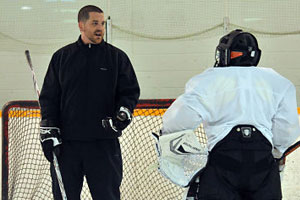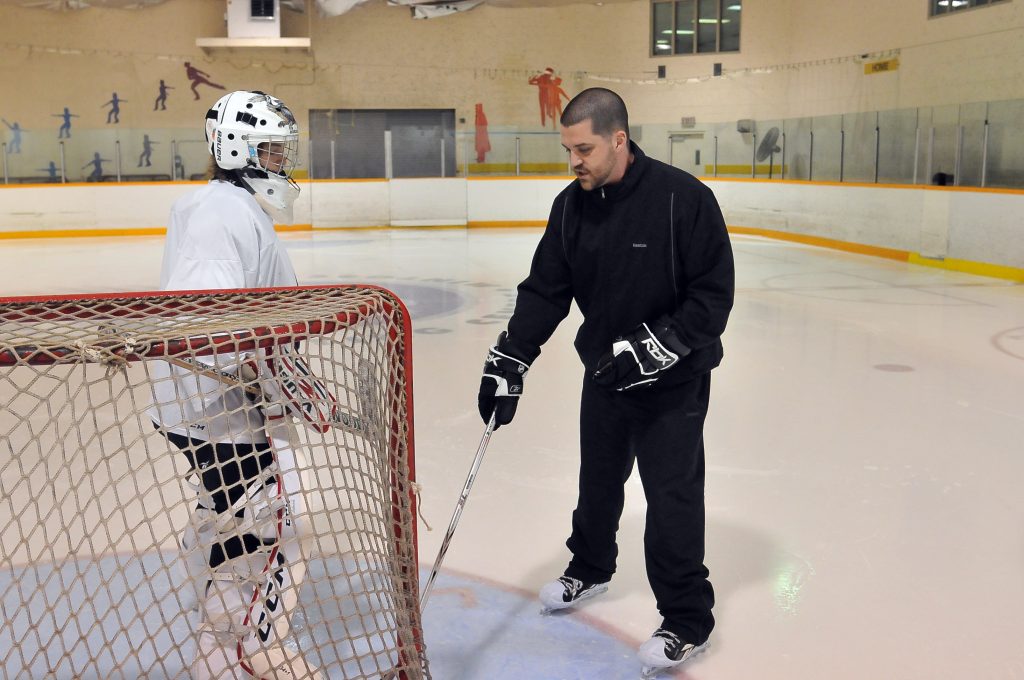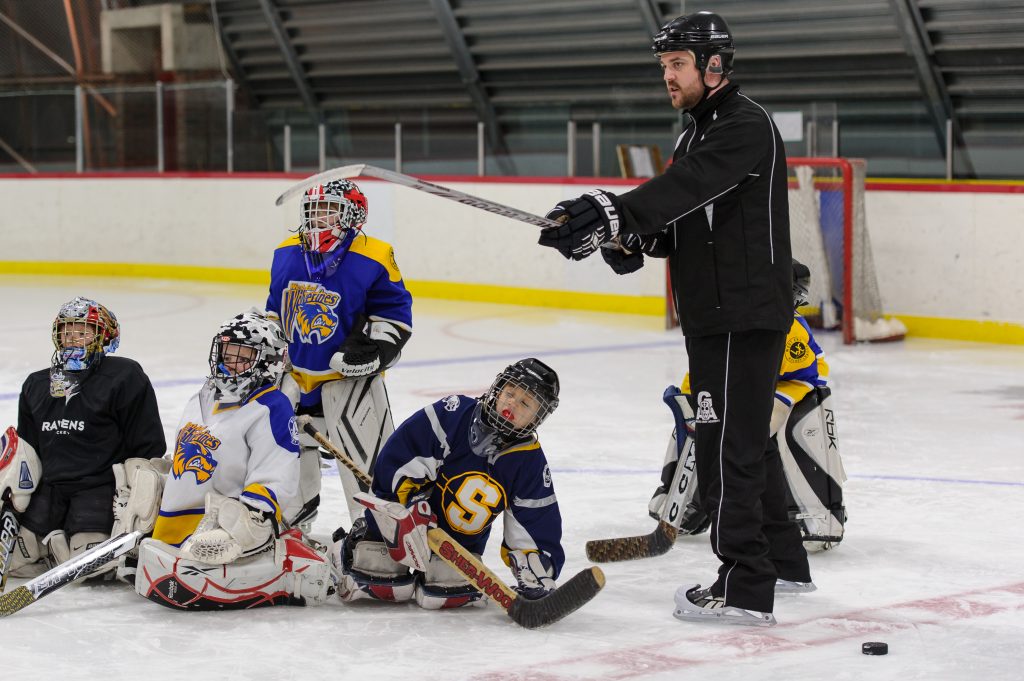
Coaching Tips: Connecting With Athletes
Coaches have many goals, tasks, and objectives for their teams, individual players, and themselves. For some at times, it’s possible to lose sight of the most important aspect of getting their athletes to consistently perform at their best through all of the chaos that accompanies a hockey season.
 Delivering the Message
Delivering the Message
From the first interaction with an individual player, or as a team, everything that a coach says or does is a message which athletes will respond to mentally. Therefore, as coaches, we must consider every message that we provide our athletes with.
How Athletes Process the Message
Does the message make sense to athlete? Is the message fair to the athlete? What about the team as a whole? Is the message an honest one? Is the message rational? Or is the message emotional? Is the message a helpful one? Or is my message a threatening one? Am I providing this message to the individual athlete or team which is consistent with previous messages from me or my assistants? Do my athletes understand my message and its purpose?
Message Influence
No matter the age or calibre of the athlete, these are a few common questions which their minds will process as coaches deliver their message. As the athlete’s mind processes the messages from their coaches, the way they perceive each message will influence their body, resulting in their individual and team performance.
Because athletes see their coaches as teachers, leaders, and mentors, it is essential for coaches to understand that they can influence a player’s performance positively or negatively. How they influence their players is based on what and how they deliver their messages. Therefore, what a coach says, and how and when they say it, what they do, and how and when they do it, and who they are as a coach and person will determine the performance of their athletes.
 Connecting
Connecting
The best coaches that I had been coached by or that I worked with over the years were also the best communicators. But in order to become a great communicator, they looked within themselves regularly to understand themselves. This enabled them to evaluate and fine tune their abilities. But they also placed a great deal of emphasis on getting to know and understand their individual athletes on a more personal level.
In order to get the best performance out of their players, these coaches were able to get to know what made them “tick” by obtaining a great connection with each individual. They understood the importance of how to communicate with their athletes, in order to allow them to provide their athletes with instruction efficiently, direct their athletes, and lead them.
The Athlete’s Response
The results of a coach’s connection to their athletes, triggers a response which is also based on the way the coach uses his or her power. These responses affect team chemistry, the tempo and effectiveness of team practices, each athlete’s attitude, and the way they conduct themselves during competition.
 The Importance of Authority
The Importance of Authority
By being seen as an authoritative figure, the coach is able to get the athlete to accomplish team objectives. However, being in this position of authority is not about getting the athlete to do what the coach wants him or her to do. Instead, it’s about getting the athlete to want to do what the coach asks of them for the team.
Athletes don’t just need leadership. They want it. By providing their messages with clarity to their athletes, coaches lay the foundation of the team’s objectives and allow his or her athletes to gain an understanding of their leadership style. However, coaches will be monitored very carefully by the eyes of their athletes. They’ll watch what he wants or expects of himself, and whether he leads by example.
For some coaches, authority may become confused with dictatorship. But being an authoritative figure is not about “doing as I say – not as I do”. Instead, a great leader is capable of directing their athlete’s mental and physical labours toward the team’s objective.


Leave a Reply